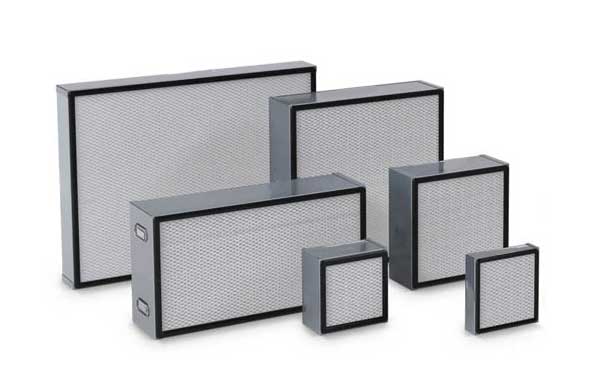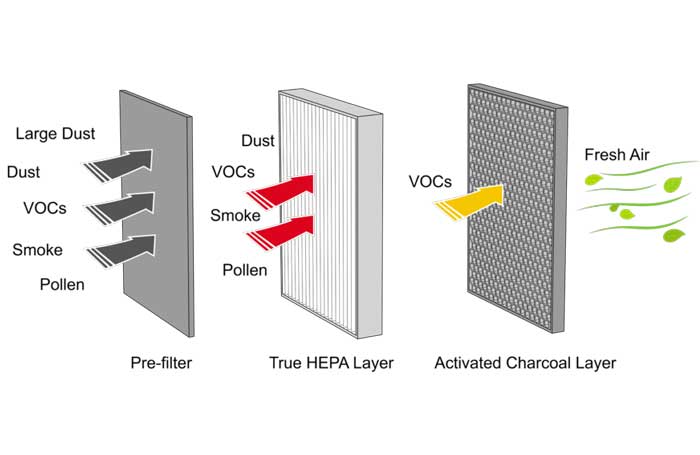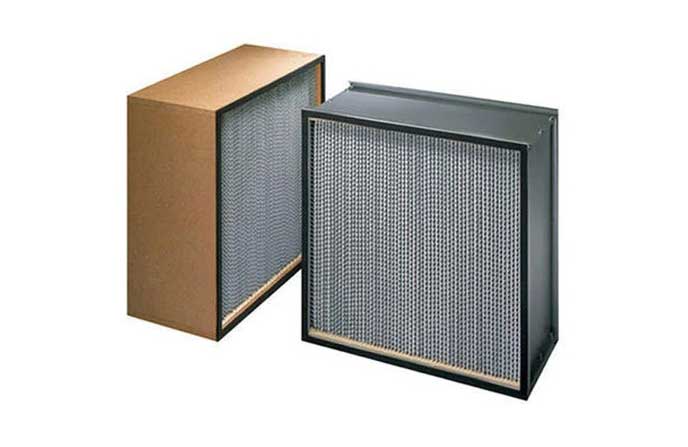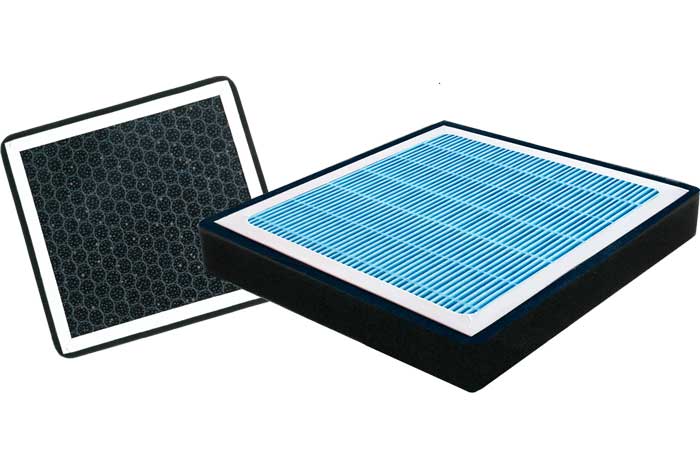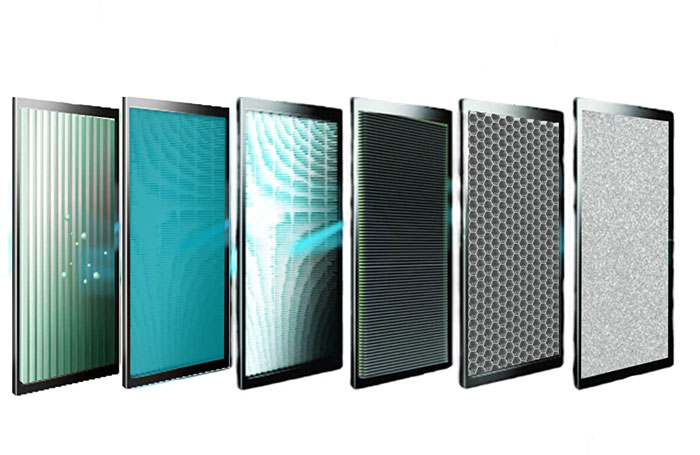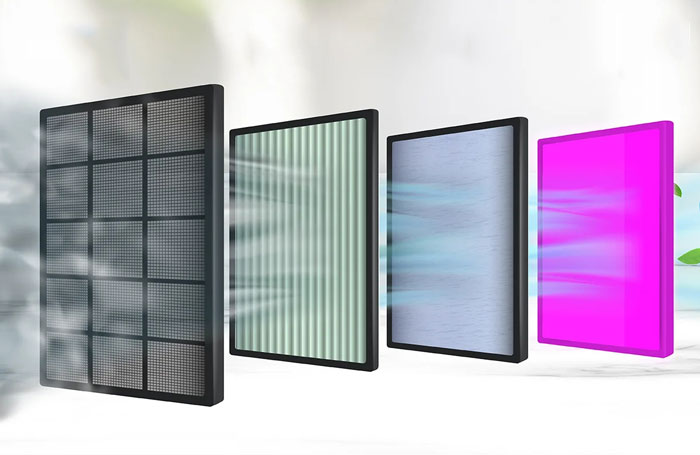The Role of High-Efficiency Filters in Laboratories
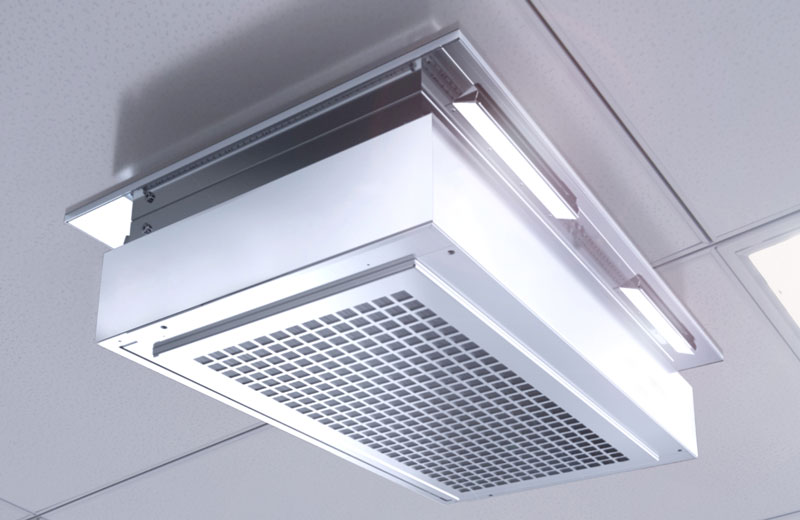
Laboratories are environments where precision and cleanliness are paramount. The air quality within these facilities can significantly impact the accuracy of experiments, the safety of personnel, and even the overall functionality of the lab equipment. High-efficiency filters play a crucial role in maintaining a clean and contaminant-free environment in laboratories.
High-efficiency filters, also known as HEPA (High-Efficiency Particulate Air) filters, are designed to trap and remove airborne particles such as dust, bacteria, viruses, and other contaminants from the air. These filters are typically composed of a fine mesh of fibers that create a maze-like structure, allowing air to pass through while trapping particles larger than a certain size.
In laboratory settings, high-efficiency filters are often used in ventilation systems to filter incoming and outgoing air. This ensures that the air within the lab is free from harmful particles that could potentially contaminate experiments or pose a health risk to personnel. By maintaining a clean air environment, high-efficiency filters help to improve the reproducibility and reliability of experimental results.
Moreover, high-efficiency filters are essential in protecting sensitive laboratory equipment. Many instruments, such as microscopes, spectrometers, and biological safety cabinets, require a contaminant-free environment to function properly. The presence of dust or other particles can lead to equipment malfunction, degradation, or even premature failure. By filtering the air entering and exiting these spaces, high-efficiency filters ensure that the equipment operates at peak performance and extends its lifespan.
In addition to their role in maintaining air quality and equipment performance, high-efficiency filters also contribute to personnel safety. Laboratories often handle hazardous materials and chemicals that can pose a risk to human health. By removing airborne contaminants, these filters help to reduce the risk of exposure and inhalation of harmful particles. This is particularly important in biological laboratories where the spread of infectious agents must be strictly controlled.
Furthermore, high-efficiency filters are also beneficial in terms of energy efficiency. By effectively removing contaminants from the air, these filters can help to reduce the workload on heating, ventilation, and air conditioning (HVAC) systems. This can lead to lower energy consumption and reduced operational costs for the laboratory.
High-efficiency filters play a vital role in laboratories. They maintain clean air quality, protect sensitive equipment, enhance personnel safety, and contribute to energy efficiency. Laboratories that utilize these filters can ensure a more reliable and safe environment for conducting experiments, research, and other scientific activities. As technology continues to evolve, high-efficiency filters will remain a crucial component in maintaining the integrity and functionality of laboratory facilities.

